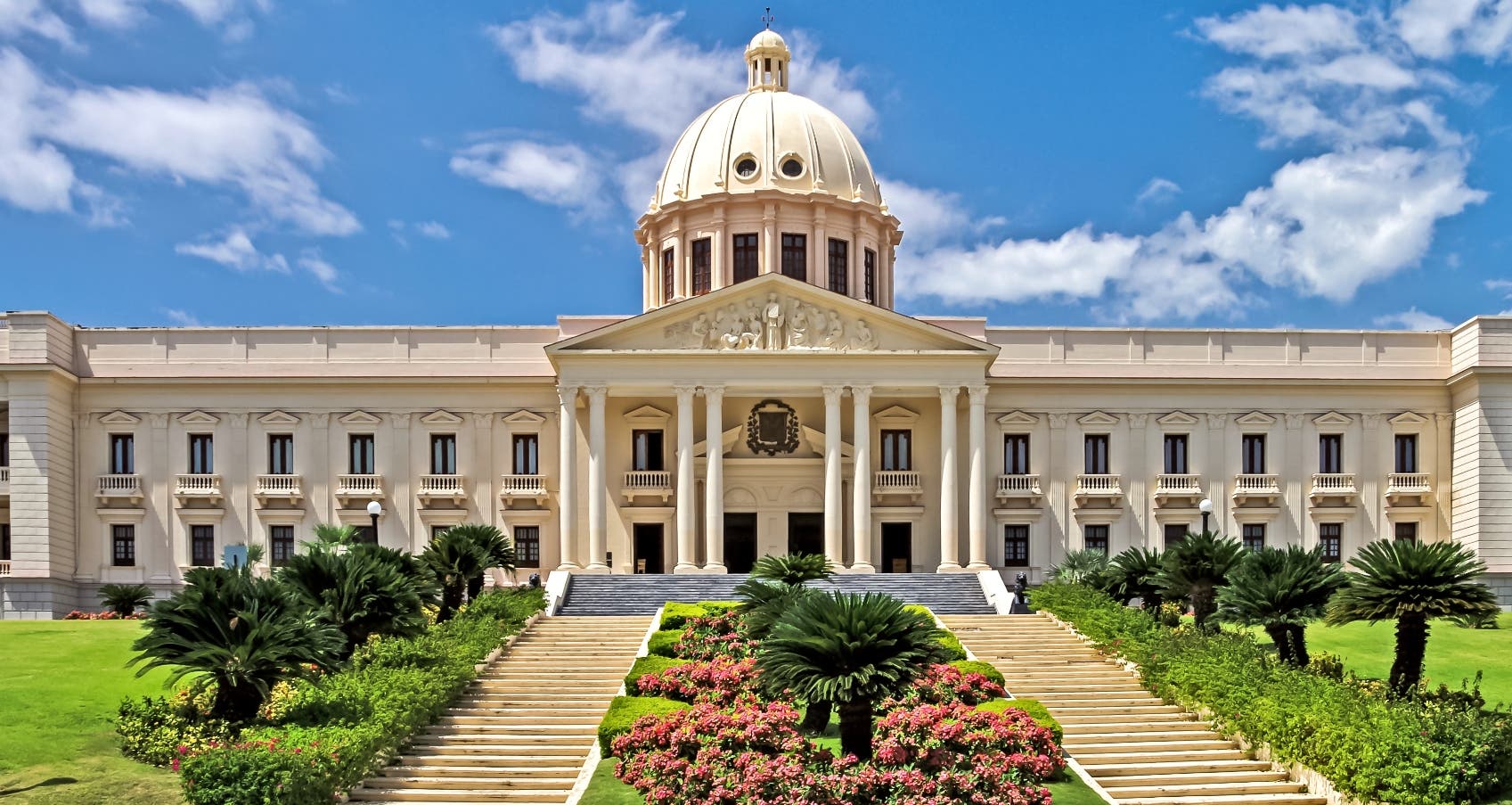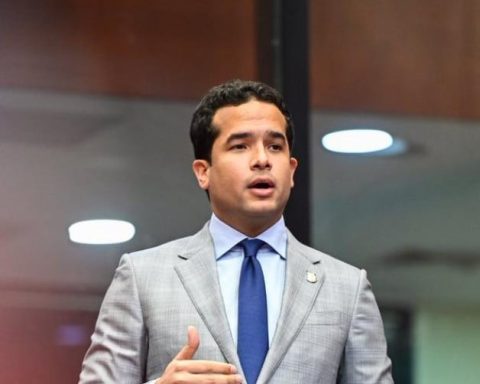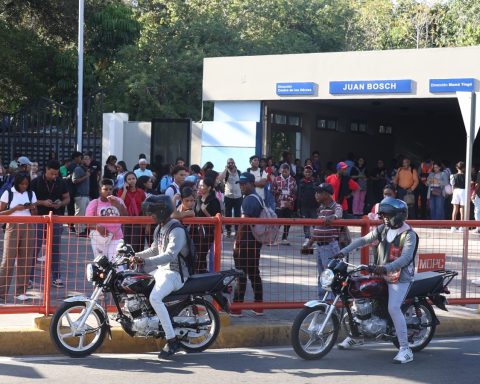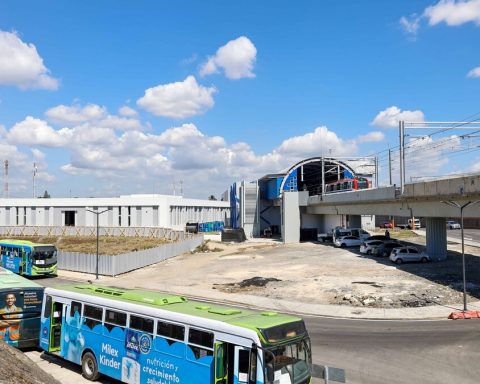Santo Domingo.-The first decree issued by President Luis Abinader within the framework of the appointments for the next government period that will take office on August 16, created the Commissioner for State Reforms, which will be headed by Darío Castillo Lugo.
Unlike his first decision upon taking office in August 2020, which was that of Milagros Ortiz Bosch, as Director of Ethics and Government Integrity, on this occasion the president signed Decree 385-24 that created the aforementioned Commissioner, with the purpose of coordinating the planning, elaboration and implementation of normative, institutional and administrative reforms, both general and sectoral, in compliance with constitutional mandates.
The reforms, which will aim to improve or update certain fundamental sectors of national life, have been a central theme of Abinader’s second term in office.
The first that the president himself has announced will be the constitutional reform and the pending ones, such as the tax reform and the reform of the electricity sector, at the end of the year.
“Starting on August 16, when we formally present the Constitution to the National Congress, we will announce the timing of the other reforms – gradually – since one may affect the other in some parts,” Abinader said during La Semanal con la Prensa.
Conformation
The new body will be made up of the commissioner for State Reforms; the ministers of the Presidency; Public Administration; Economy, Planning and Development; and the Minister of Finance; also the legal advisor of the Executive Branch; the executive director of the National Competitiveness Council and an executive director, appointed by the president, following the recommendation of the commissioner, who will have a voice but no vote.
Decree 385-24 establishes that in order to achieve its objective, it will receive administrative and budgetary support from the Ministry of the Presidency.
decree
— Repeals
Decree 385-24 repeals Article 4 of Decree No. 149-21, which approves the General Plan for the Reform and Modernization of Public Administration, of March 11, 2021, as well as any other provision.
The State must be subject to reforms
Reaction. Political scientist Belarminio Ramírez Morillo stated that a democratic State is a body that must be subject to permanent reform, and therefore advocated reducing its structure to adjust it to the new socioeconomic order.
He said that there are several ministries, directorates and commissions that no longer have a reason to exist and that involve a significant consumption of resources that should be invested in more necessary areas.
“If the president wants to go down in history with a positive legacy, now that his party has Congress, he must make it a reality, because from now on he will have no excuses,” he explained.

















